AI and Decision-Making: Can We Trust Artificial Intelligence to Make Important Choices for Us?
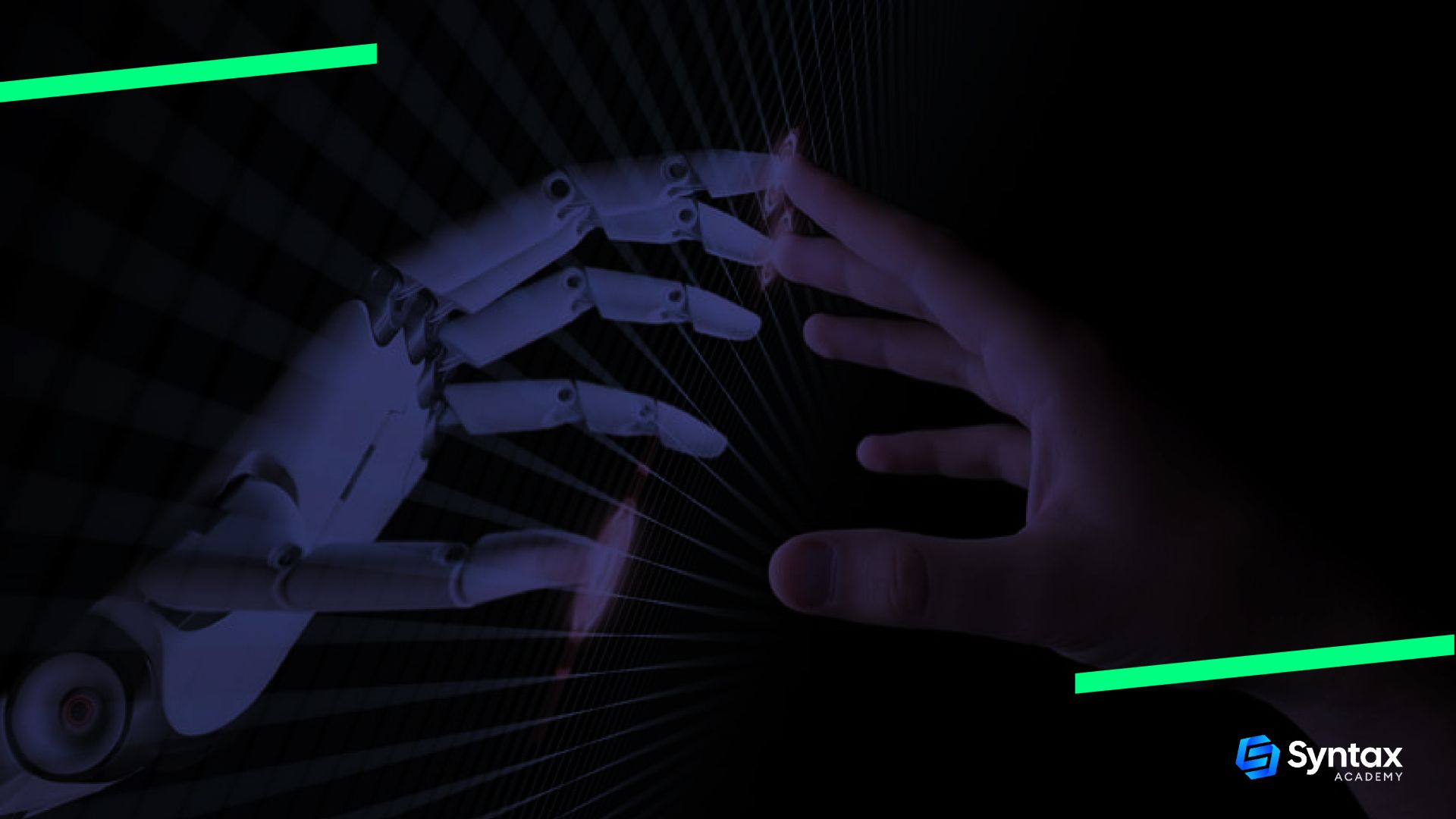
In this blog, we’ll dive into how AI decision-making works, the different types of AI-driven choices, what drives these decisions, and the areas where AI excels. We’ll also look at the places where it falls short and explore what the future holds for AI in decision-making.
Table of Contents
-
1. So, How Does AI Make Decisions?
-
2. Different Kinds of AI Decision-Making
-
3. What’s Driving AI’s Decisions?
-
4. Where We Can Trust AI
-
5. But Here’s Where We Should Be Careful
-
6. The Good, the Bad, and the AI
-
7. Looking Ahead: What’s Next for AI Decision-Making?
-
8. Conclusion
1. So, How Does AI Make Decisions?
Take healthcare, for example—AI looks at things like patient records, test results, and other medical data to help doctors figure out the best treatment options. It’s all about making data-driven choices quickly and efficiently. But here’s the thing: AI isn’t perfect. It depends entirely on the quality of the data it’s fed and the way its algorithms are set up.
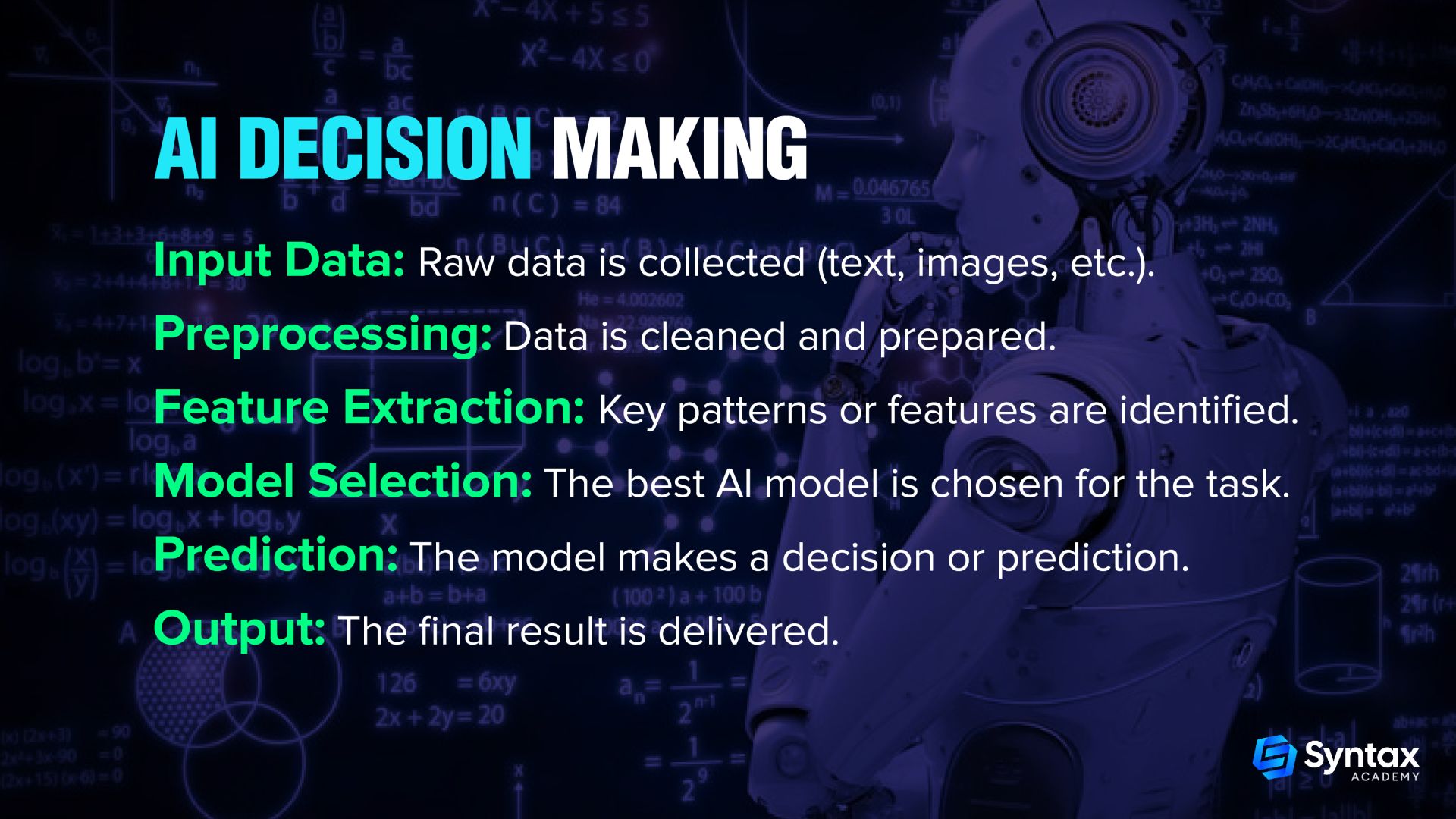
2. Different Kinds of AI Decision-Making
- Rule-Based AI: This is the type that follows strict instructions. It works well when there are clear rules to follow, like processing credit card applications. If you meet the criteria, you're approved.
- Learning-Based AI: This is the more advanced AI—the kind that doesn’t just follow rules but actually learns from data. For example, self-driving cars use this type of AI to learn from their surroundings and make real-time decisions.
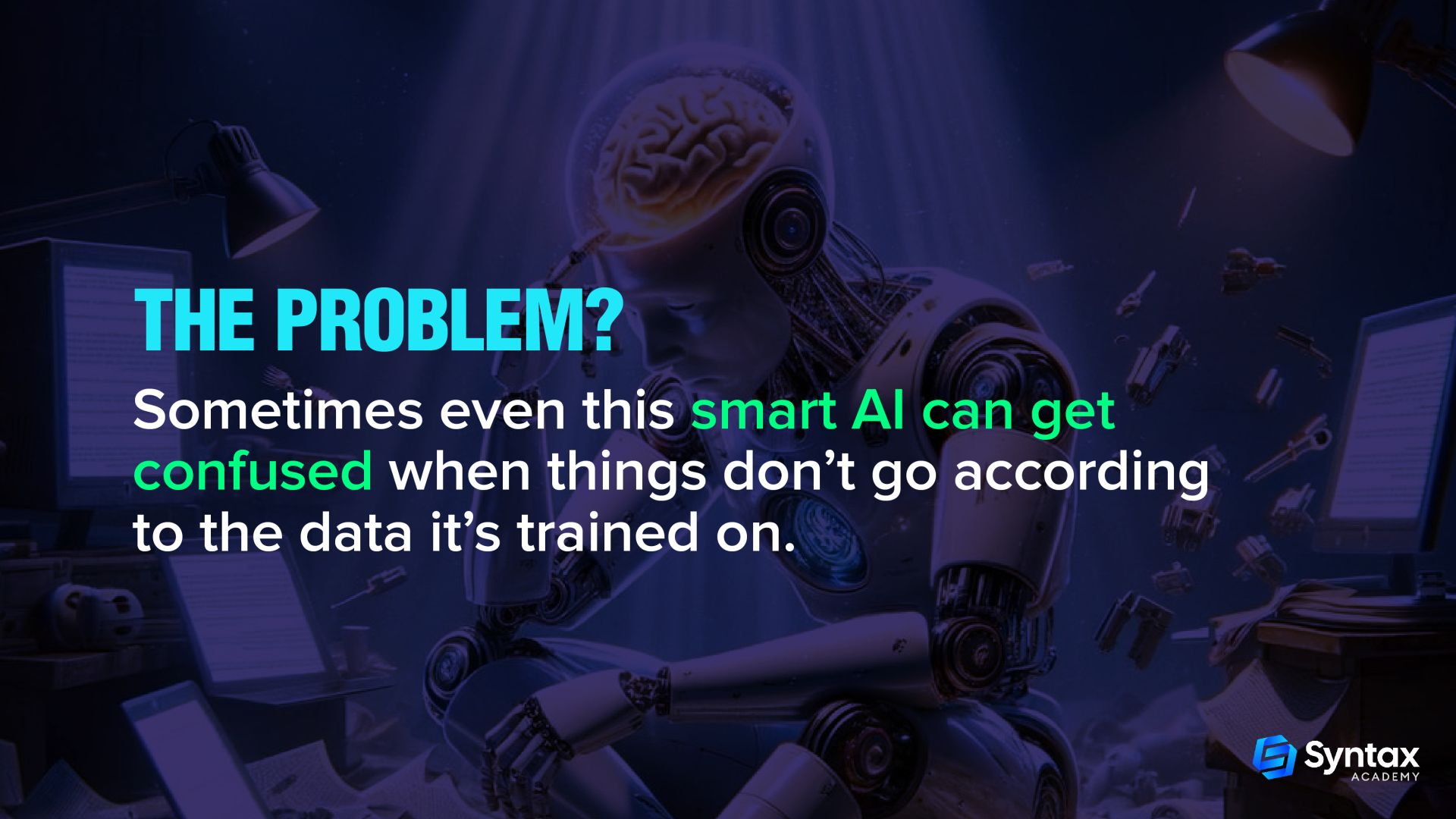
3. What’s Driving AI’s Decisions?
- Data Quality: AI relies on the data it’s fed. Good data means better decisions. If an AI is trained on biased data (say, historical hiring practices that favored one group over another), it might continue to make biased decisions.
- The Algorithms: The way AI processes that data is through algorithms. Some algorithms are better for specific tasks. For example, some are great at recognizing faces in photos, while others are better at predicting stock market trends.
- Ethics and Values: Here's where it gets a little tricky. AI doesn't have morals or values—at least not in the way we do. So, when it makes a decision, it’s based purely on data, not whether it’s ethically right or wrong. That’s why humans need to intervene wherever necessary.
- Human Oversight: Speaking of humans, having people involved in overseeing AI decisions is still super important. In industries like healthcare, doctors use AI to help diagnose diseases, but they don’t just rely on the AI’s recommendation alone. They review it and use their expertise to make the final call.
4. Where We Can Trust AI
- Healthcare: AI is used to help doctors identify patterns in medical data that might be hard for a human to see. IBM’s Watson, for example, assists doctors by analyzing tons of medical studies and patient records to recommend treatment options for cancer patients. This doesn’t mean doctors are obsolete—it just means they have a smart tool to help them.
- Finance: You know those fraud alerts you get from your bank? That’s AI working behind the scenes, identifying anything that looks fishy. It’s also used to assess credit risks and even manage investment portfolios.
- Manufacturing and Logistics: AI is great at optimizing processes—things like making sure factories run smoothly or predicting when a machine might break down. This kind of decision-making is where AI really shines because it's all about numbers and efficiency.
5. But Here’s Where We Should Be Careful
- Criminal Justice: This one’s a bit controversial. Some police departments have started using AI to predict crime. But these systems have been criticized for being biased, especially if the data they were trained on is biased.
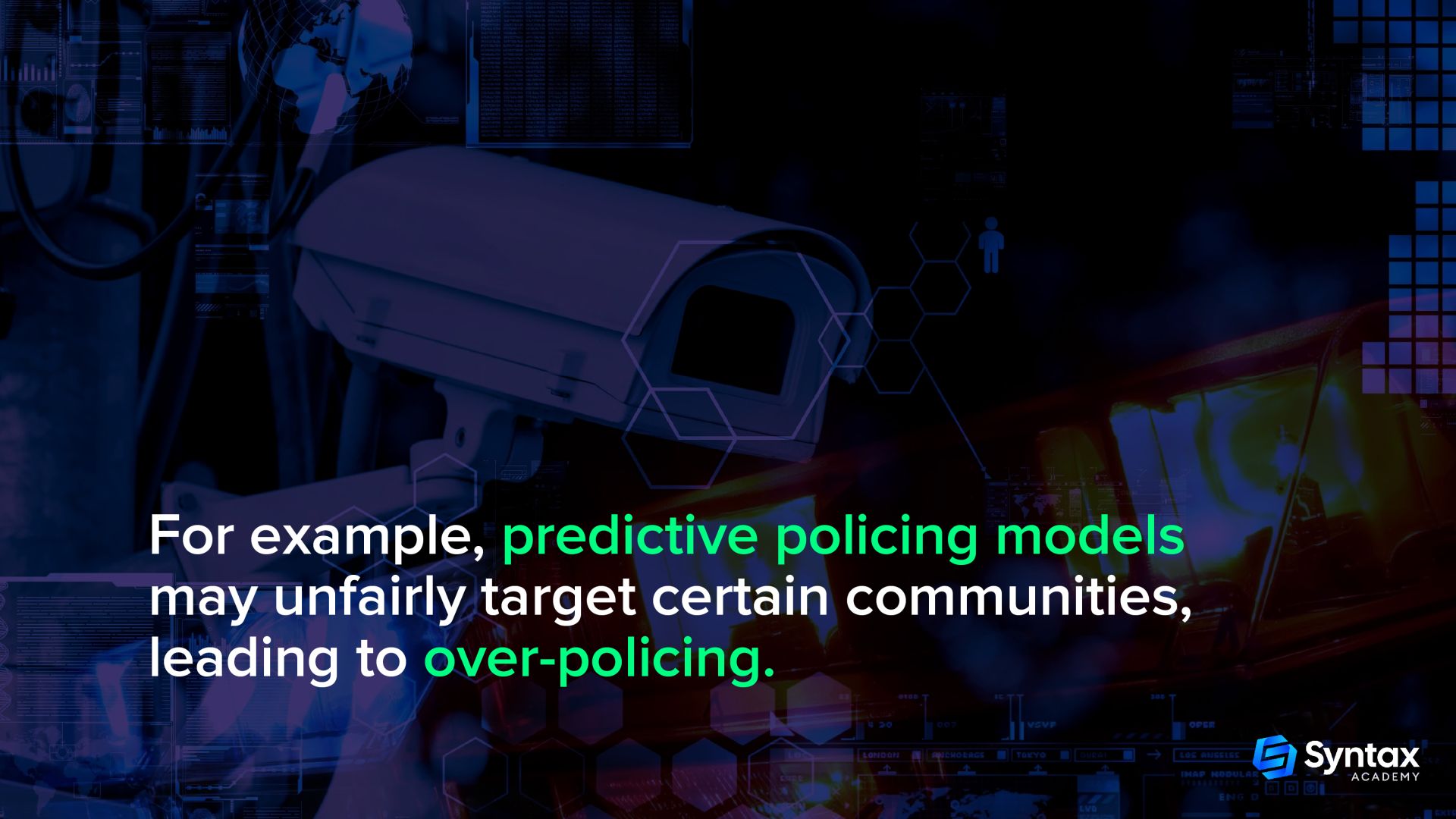
- Hiring: AI tools that help with recruitment sound great—they can sift through thousands of resumes quickly. But here's the thing: if the AI is trained on biased data (maybe a company’s past hiring data favored certain demographics), it can end up preserving those biases.
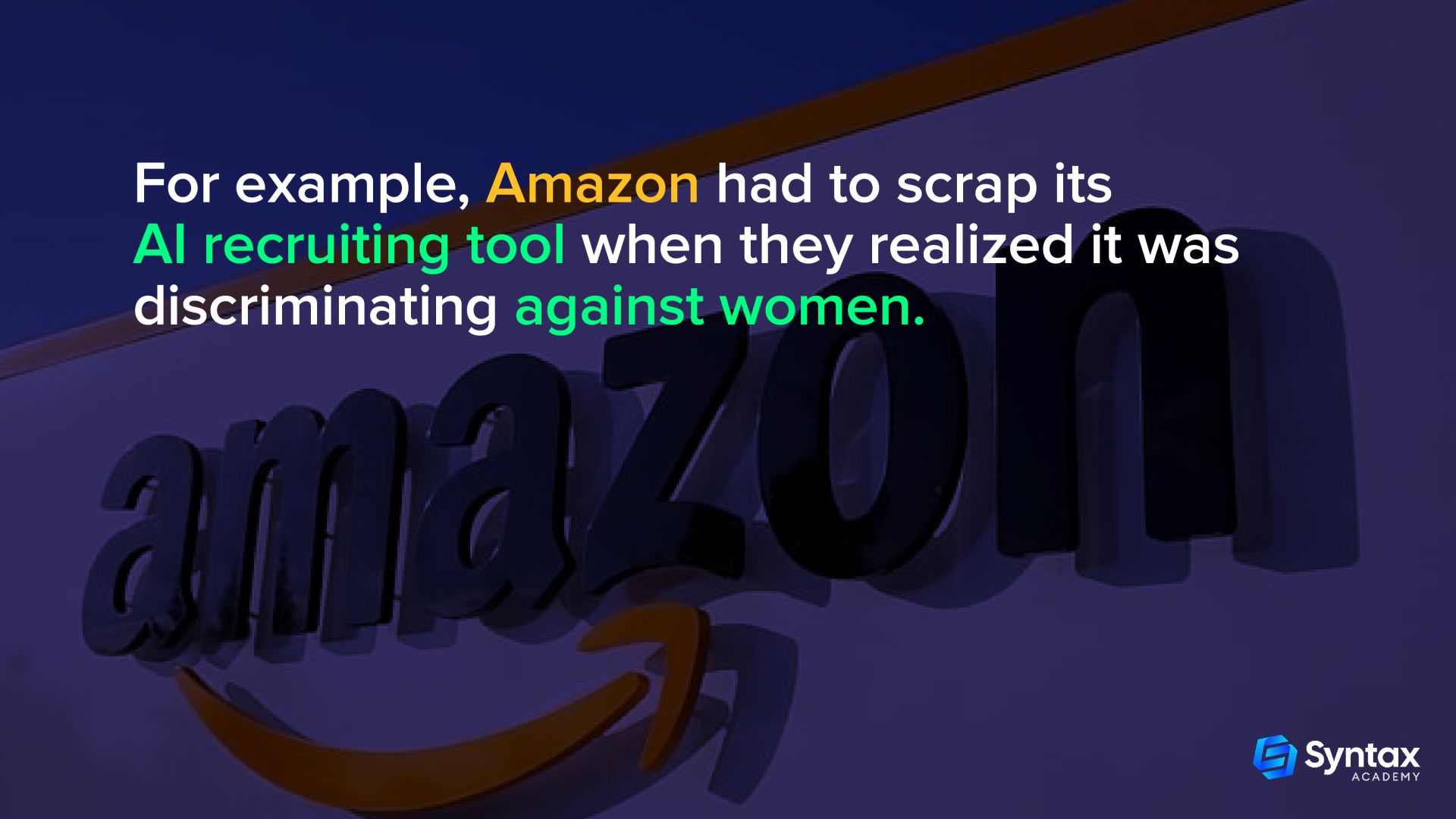
- Autonomous Vehicles: Self-driving cars are great, but we’re not quite ready to let them make every decision. While they’re great for most driving situations, there are still some ethical and unpredictable decisions that they might not handle as well as a human driver.
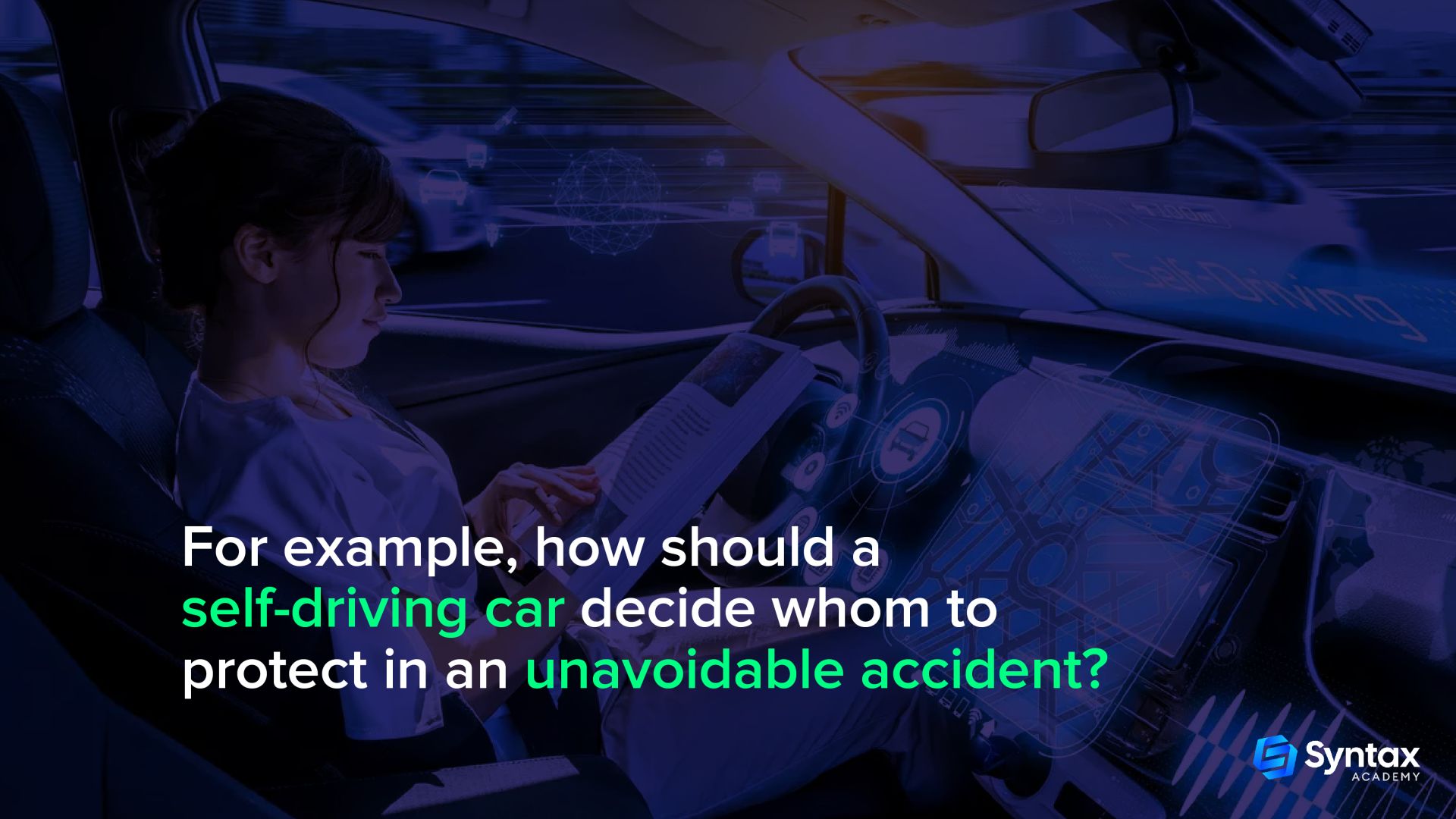
6. The Good, the Bad, and the AI:
7. Looking Ahead: What’s Next for AI Decision-Making?
8. Conclusion
If you're curious about how AI works and want to dive deeper into its decision-making processes, check out the AI courses at Syntax Academy. These courses are designed to give you a strong foundation and hands-on experience with the latest AI tools and techniques.
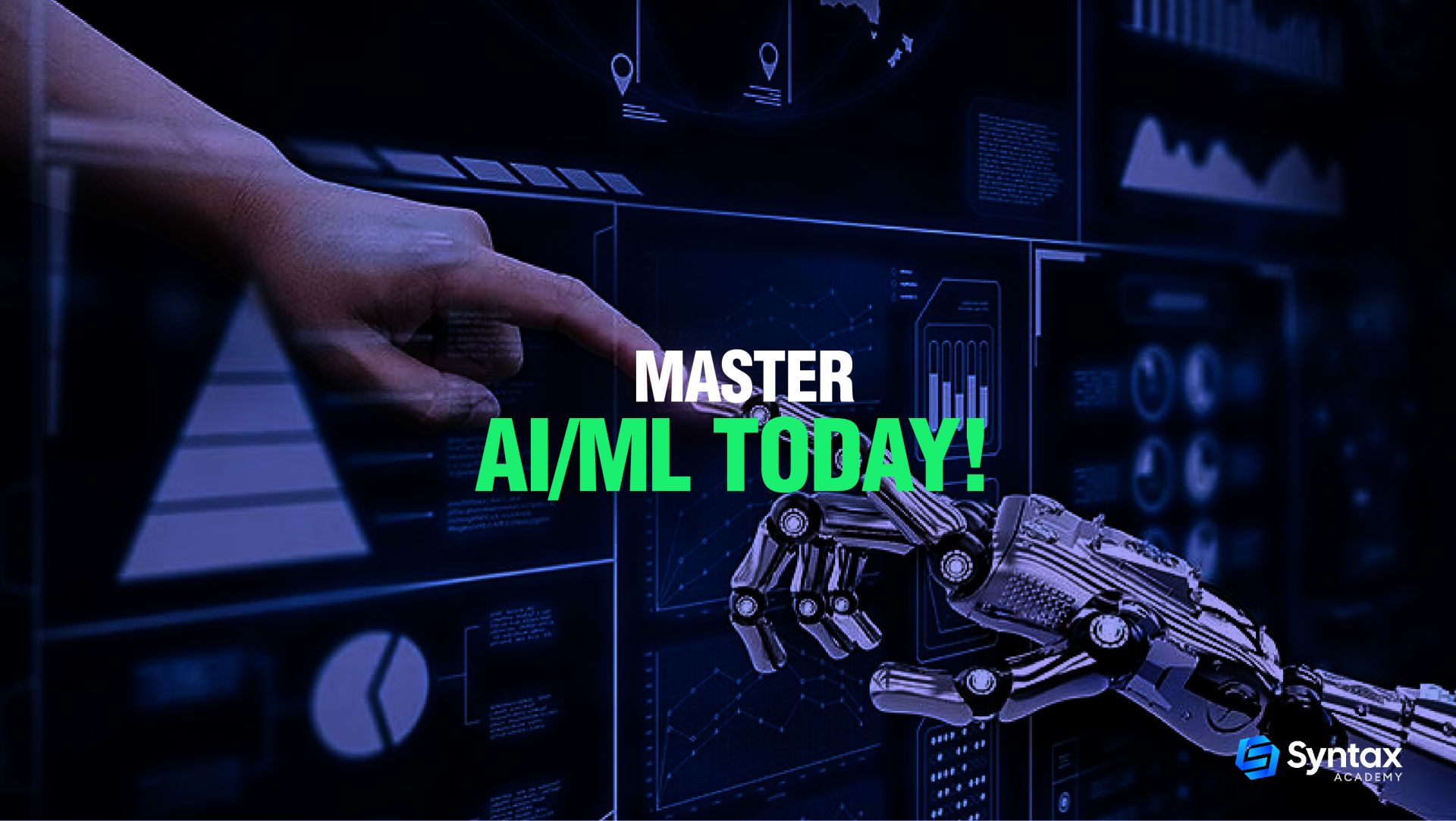
Share with your community!
Related Article

E - Commerce
From Zero to Shopify Hero: How to Thrive with Dropshipping
By: Martha James
Let's dive into the world of Shopify dropshipping, where I’ll walk you through how to succeed in e-commerce using this popular business model. I’ll share what it’s about, why it can be profitable, and how you can get started. Plus, I’ll sprinkle in some real-life success stories, trending products, and helpful apps to make your journey smoother.
Read More
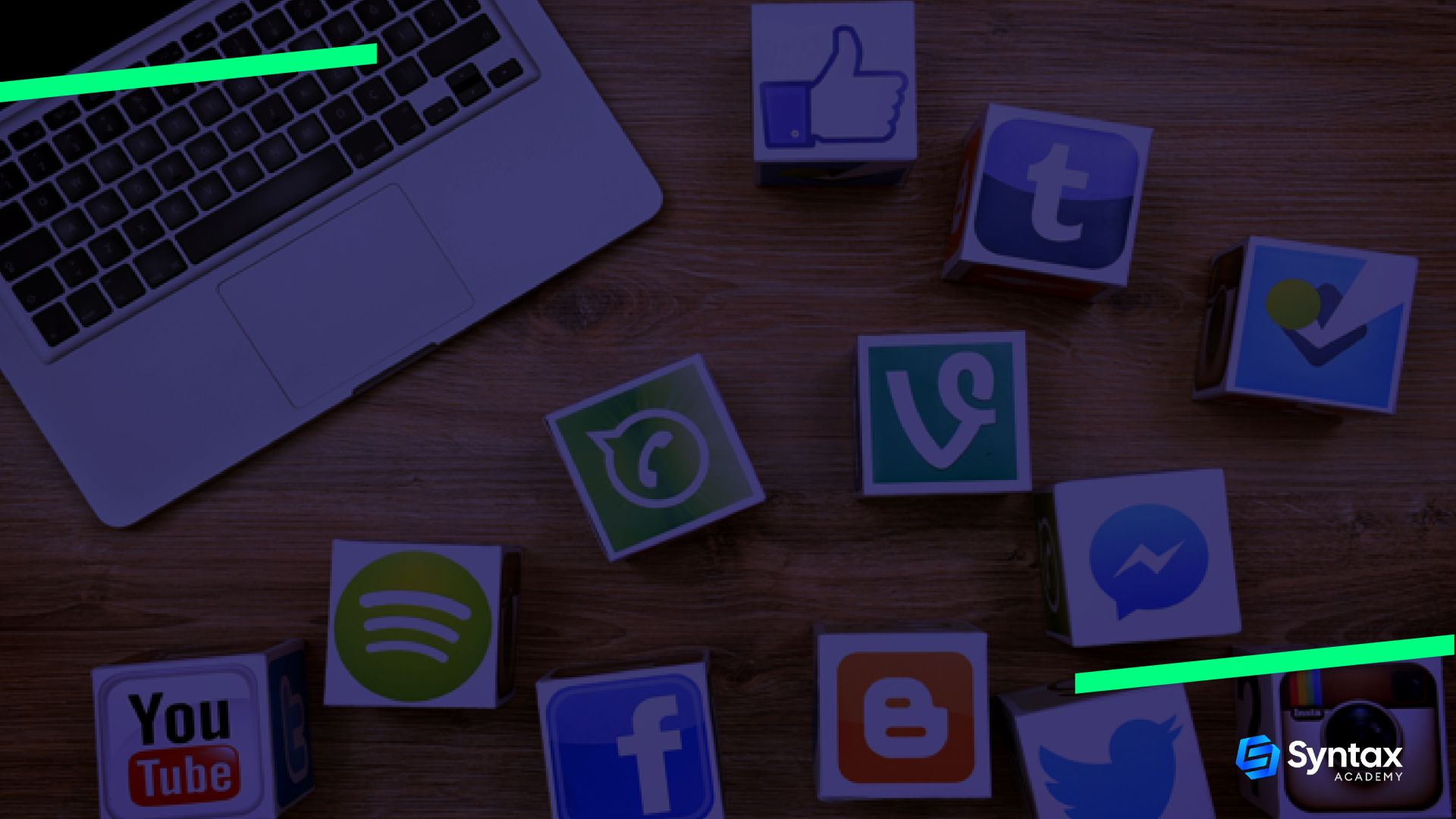
Digital Marketing
Changing the Business Game with Social Media
By: Martha James
Social media is not a media. The key is to listen, engage, and build relationships. – David AlstonWhat if I told you that the secret weapon for business growth isn’t a new product or service—it’s social media? That’s right. In today’s digital world, social media has become more than just a tool for connecting with friends; it’s the ultimate catalyst for businesses looking to grow and thrive.In this blog, we’ll explore how social media is transforming the way businesses operate, highlight the most impactful platforms, and show you how to harness their power to fuel your business growth.
Read More

Career and Jobs
10 Common Fears About Changing Careers and How to Conquer Them
By: Martha James
Thinking about changing careers but feeling stuck? You're not alone. Taking the leap into something new can feel overwhelming, and those persistent fears can really hold you back. But here’s the thing: every challenge you're worried about can be overcome.In this blog, we'll dive into the most common fears people face when changing careers and, more importantly, how to tackle them head-on. With a few practical strategies, you’ll feel more confident and ready to embrace your next chapter.
Read More
Professionals from Industry Pioneers Choose
Syntax Academy for Skill Mastery
